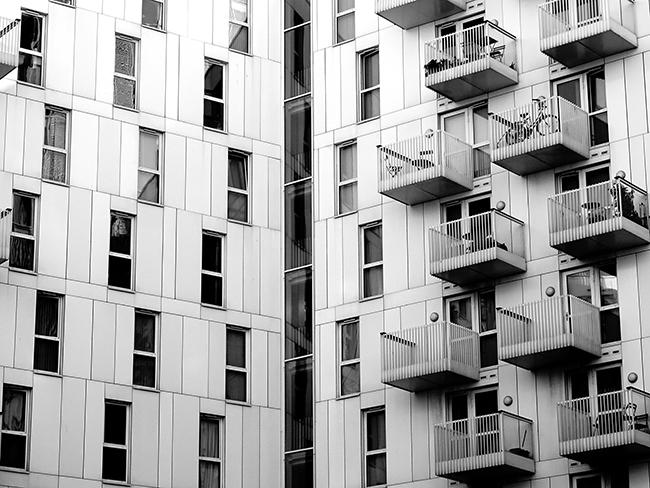2024-12-20
residential

In the third quarter of 2024, residential property prices in Germany, as measured by the house price index, recorded a slight year-on-year decline of 0.7% compared to the same period in 2023. This marks a continuation of the downward trend observed earlier in the year, albeit at a slower pace, as the year-on-year decrease in Q2 2024 was more pronounced at 2.5%. On a quarter-on-quarter basis, residential property prices edged up by 0.3% in Q3 2024, representing a smaller increase compared to the 1.5% rise seen in the second quarter. This modest growth suggests a cooling momentum in price recovery, indicating a market still in transition. The decline in year-on-year prices reflects the lingering effects of high interest rates, tighter lending standards, and cautious consumer behavior in the face of economic uncertainty. The earlier more significant drop in Q2 2024 was attributed to subdued demand and elevated inflation rates, which affected affordability and tempered buyer activity. However, the slight quarter-on-quarter growth indicates signs of stabilization, possibly driven by improving inflation rates and marginally better consumer sentiment. The housing market also benefited from targeted policy measures to support affordability and incentivize homeownership, although their impact remains uneven across regions and property types. While the overall trend shows slight year-on-year declines, regional disparities are evident. Urban areas, particularly in major cities like Berlin, Munich, and Hamburg, have experienced softer declines or marginal increases due to sustained demand and limited housing supply. In contrast, rural and suburban regions, which saw a surge in popularity during the pandemic, are experiencing more pronounced price adjustments as demand normalizes. Segment-wise, smaller residential properties, including apartments, have shown relatively stronger price resilience compared to larger detached homes, as they cater to a broader market of buyers. The German residential property market remains in a state of flux as it adjusts to broader economic challenges, including elevated financing costs and a cooling economy. While the slower rate of decline and slight quarter-on-quarter increase offer a glimmer of hope, the market is expected to remain subdued in the near term. Analysts predict that any significant recovery will depend on macroeconomic factors such as central bank interest rate policies, consumer confidence, and government interventions in the housing sector. For now, the market continues to navigate a complex mix of pressures and opportunities. Source: destatis.de

